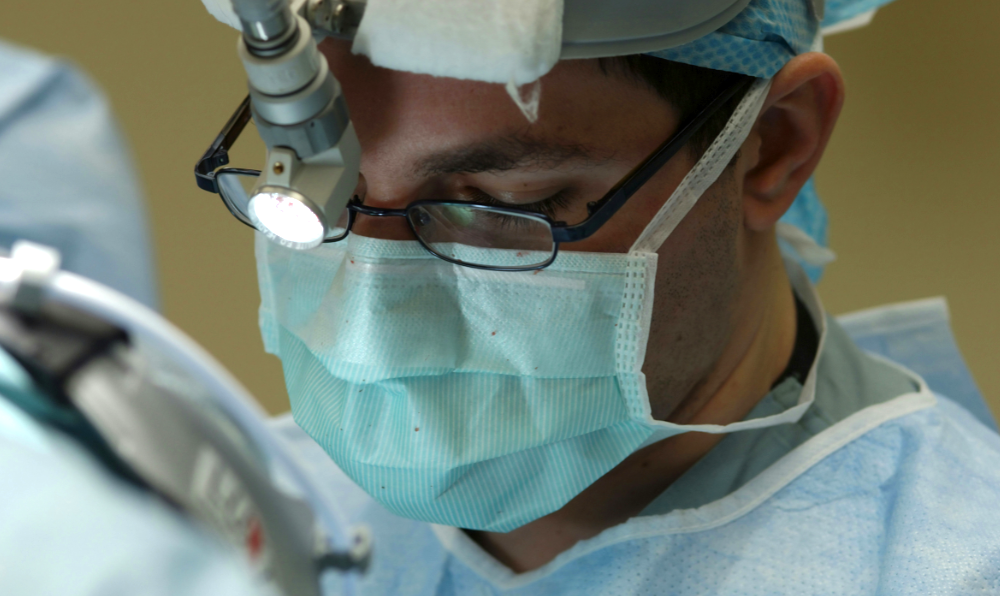Report: Colorectal cancer deaths are now common among young adults in the US

New report shows alarming rise in colorectal cancer deaths among young adults in the US | Photo from the National Cancer Institute on Unsplash
Research shows that the last two decades have seen upticks in colon and rectal cancer diagnoses for men and women under 50. Since then, colon cancer has become the deadliest cancer for men and second deadliest cancer among women in the same demographic.
While colorectal cancer incidents still rapidly arise in older age groups, new reports have picked up on more deaths from the disease than ever among adults in their 20s, 30s, and 40s.
On Jan. 24, the American Cancer Society (ACS) published their latest findings on colorectal cancer in their flagship journal, “CA: A Cancer Journal for Physicians.” The ACS’ updates showed that, for the first time, colon and rectal cancers have become the leading causes of death among young men and women in the US.
“It’s not only having colorectal cancer—it’s colorectal cancer that’s more difficult to treat, which is why we’re seeing these changes in mortality,” shares the ACS’ chief scientific officer Dr. William Dahut to NBC News. Dahut adds that younger age groups only get diagnosed at later stages, when the cancer is more severe.
Most cases of colorectal cancer only occur among men and women in their late 60s. Colonoscopy screenings are typically recommended for the same age group as well. However, the disease has reached the younger generation as early as 2020 and healthcare professionals have yet to find out why. There’s no definite reason for the surge in cases yet, but scientists at Yale Medicine have listed sedentary lifestyles, smoking, heavy alcohol use, and familial histories with colorectal cancer as possible risk factors.
Due to the rising colorectal cancer cases in millennials and Gen Z, cancer specialists have encouraged young people to communicate with their doctors as soon as they notice symptoms such as rectal bleeding, changes in bowel movements, unusual stools, and low energy or tiredness.
“If anyone has any change in their bowel habits, if they have any bleeding—even if they think it’s a hemorrhoid, and it doesn’t go away, just get a colonoscopy,” advises Vikram Reddy, MD, PhD, Yale Medicine’s colorectal surgeon. Dr. Reddy also recommends physical rectal exams as an alternative.
Every incident involving colon cancer and rectal cancer varies, but there’s a positive common denominator in how surgery for both diseases have been highly successful. Nonetheless, changes to one’s lifestyle such as quitting smoking, exercising, and healthy fiber intakes of 25 grams a day can help maintain a healthy colon and avoid colorectal cancer.

